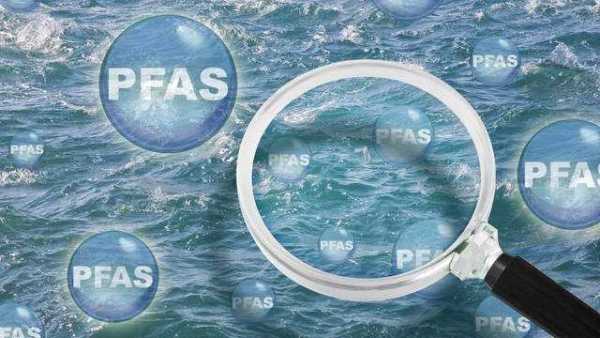
PFAS or forever chemicals could be posing a threat to our well-being in myriad ways. A new study links PFAS exposure to poor gut health , which could in turn reduce kidney function by up to 50% later in life.
PFAS, also known as forever chemicals, are used in a range of products like cookware, clothing, mobile phones, and carpets. Exposure to even small amounts can lead to big damage to health.
According to the Agency for Toxic Substances and Disease Registry, PFAS can cause damage to the liver and the immune system, cancer, and endocrine disruption. They can be particularly worrisome for expectant mothers and unborn children as it may cause low birth weight, birth defects, delayed development, and newborn deaths in lab animals.
The new study published online in Science of the Total Environment, suggests changes in gut bacteria and associated metabolites caused by the PFAS seems to cause up to 50% of decrease in kidney function seen over a four-year period.
The study found that some of the PFAS may cause chronic kidney disease . The researchers expanded on recent discoveries that connect PFAS (per- and polyfluoroalkyl substances) to adverse effects on gut health, while also deepening the understanding of how gut health influences kidney function.

Scientists worked with a small group of young adults, a majority of whom were Hispanic, which is a group that has a high rate of metabolic diseases and a high kidney disease risk.
Their blood and stool samples were collected in order to measure the PFAS levels, gut microbiome bacteria and circulating metabolites. Their kidney function was measured four years later. The reductions in anti-inflammatory metabolites as well as the bacteria that produce them, and increases in inflammatory metabolites were found.
This reduction in kidney function over years can increase the risk of the need for dialysis or a kidney transplant , especially in case of people with diabetes or another disease that affects the kidneys.
Researchers are of the view that it may be possible that these chemicals mimic fatty acids essential to regulating gut health. However, the compounds appear to disrupt this natural process, potentially leading to negative effects on the gut microbiome and overall health.
 PFAS or forever chemicals could be posing a threat to our well-being in myriad ways. A new study links PFAS exposure to poor gut health , which could in turn reduce kidney function by up to 50% later in life.
PFAS or forever chemicals could be posing a threat to our well-being in myriad ways. A new study links PFAS exposure to poor gut health , which could in turn reduce kidney function by up to 50% later in life.
